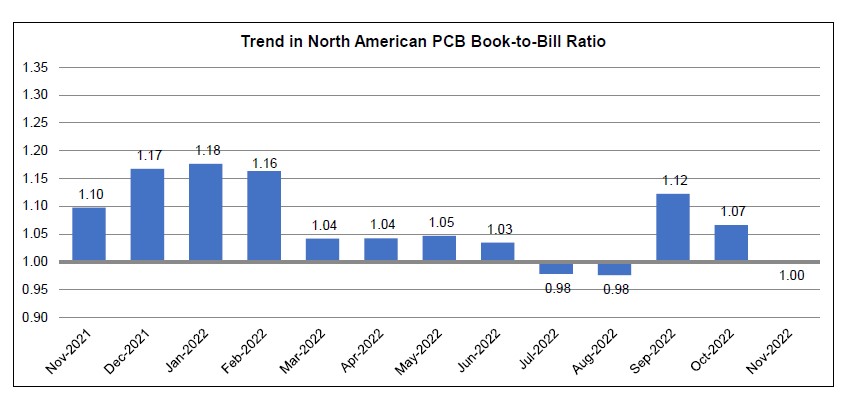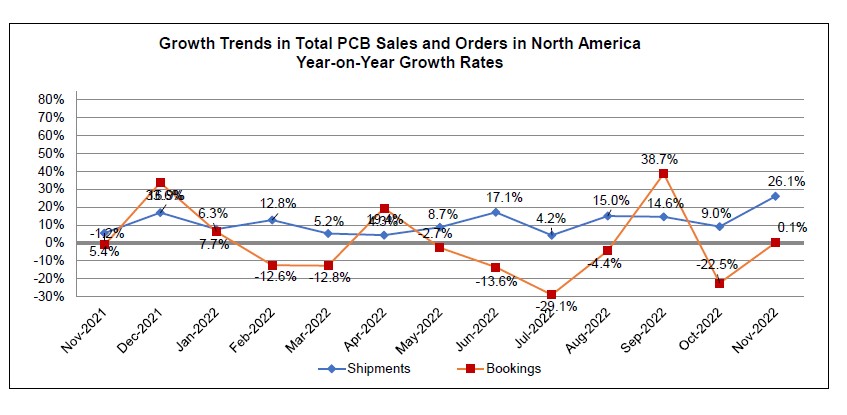Key Summary
• IPC is surveying the industry to identify which government policies most concern electronics manufacturers
• Trade, regulation, environment, supply chain, and workforce policies are major areas where government can help or hinder companies
• IPC is advocating for investment in advanced packaging and the broader semiconductor ecosystem under the CHIPS Act
• Europe is advancing major policy changes through the CSRD and EU Chips Act that will affect reporting and competitiveness
• IPC urges industry members to engage in advocacy, participate in grassroots efforts, and communicate with policymakers
As a member of the electronics manufacturing industry, it's important for you to stay informed about the government policies that impact your business and your industry. With that in mind, we want to know: which government policies worry you most? How can government help or hurt your company in the next few years?
To help us better understand your concerns, we've created a short, five-question survey. It will only take a few minutes to complete, and your answers will help us shape IPC's advocacy efforts in 2023.
So, which issues are top of mind for you? Here are a few examples of the types of policies that might be worrying you:
- Trade policies: Are you concerned about tariffs or other trade barriers that could impact your business?
- Regulation: Are you worried about the burden of regulations on your business? Do you feel like the rules and standards you have to follow are fair and reasonable?
- Environmental issues: Do you worry about the impact of your business on the environment, and/or the government's efforts to address these issues?
- Supply chain: IPC expects that volatility and uncertainty will continue to affect the electronics supply chain in the months ahead. Will your business be affected?
- Workforce issues: Are you concerned about the government's labor policies and their impact on your business? Do you worry about issues like workplace safety?
- Other: Is there something else that's worrying you and that you'd like to share?
A Preview of IPC's 2023 Advocacy
Here is a brief overview of some of the key issues we're working on today and how you can be involved in advocating for our industry in 2023.
In November, IPC released a report that highlighted how advanced packaging is a key driver for microelectronics innovation and outlined clear steps governments can take to bolster advanced packaging capabilities. Advanced packaging capabilities in the United States and Europe remain under-supported, but both regions are now developing and funding strategies to bolster this part of the semiconductor ecosystem. The report showed that:
- 94% of electronics industry leaders believe that improving the performance of semiconductors is increasingly reliant on advanced packaging.
- 84% believe government initiatives to bolster the semiconductor supply chain require significant investment in advanced packaging capabilities.
Another key issue that we're closely watching is the implementation of the CHIPS Act. Most recently, IPC outlined how electronics manufacturing must play a critical role in supporting the growth of the U.S. semiconductor industry in comments to the U.S. Department of Commerce on how to maximize the impact of the CHIPS Incentives Program. Specifically, IPC called for investment in:
- Avanced packaging ecosystems (including IC-substrates and package assembly and test);
- Supply chain partnerships;
- High-density interconnects; and
- Industry-recognized workforce programs
In December, IPC also helped facilitate a meeting between top Congressional staff and IPC members on CHIPS Act implementation and how the program can be leveraged to support the semiconductor supply chain, of which printed circuit board (PCB) fabrication and advanced electronics assembly are key parts. If you'd like to make your voice heard in this critical debate, please contact me to get involved in our advocacy efforts.
Across the Atlantic, policymakers have remained active as they work to reach conclusions on long-debated legislation with potential ramifications on our industry.
After much debate, the European Parliament and EU Council recently adopted a rule aiming to strengthen the reporting requirements for sustainability information of certain large companies. The Corporate Sustainability Reporting Directive (CSRD) will require companies operating in the European Union to regularly disclose and publish detailed information on sustainability matters, including climate change, human rights, and governance. The directive is expected to affect the electronics industry with regards to resources and reporting and transparency efforts across the value chain.
We're also keeping an eye on negotiations on the EU Chips Act, which is expected to bolster the bloc's competitiveness and resilience in semiconductor technologies and applications. We've been involved in conversations with policymakers, and the initial text has notably cited packaging as an activity that can boost innovation.
In addition to these specific priorities, we're also closely monitoring a number of other issues that have the potential to impact the industry, including trade policies, environmental and health issues, education and workforce concerns, and more. We're committed to advocating for policies that will support the growth and competitiveness of the industry, while also protecting the rights and interests of our members.
Here's Where You Come In
The IPC government relations (GR) team is here for you year-round, but the success of our work depends on the active engagement of IPC members. We invite you to join our efforts in one of the following ways:
- Stay informed on the issues. Subscribe to IPC’s Global Advocacy Report. If you’re an IPC member, manage your e-mail preferences and opt in to receive “Advocacy” updates. If you are not an IPC member, send a note to friends@ipc.org, and our staff will add you to the list. You can also follow IPC on LinkedIn and Twitter for updates.
- Join our grassroots advocacy team. Visit our online advocacy center; enter or update your contact details; and be prepared to participate in several grassroots campaigns coming up soon to influence Congress on our key issues. It will only take a minute or two to update your details, but it will dramatically improve our ability to gain support in Congress.
- Connect with your elected representatives. Send emails, make phone calls, or meet with them at their local district office or a public event. IPC’s GR team can help arrange meetings and provide you with talking points and handouts. Even better, invite an elected official to one of your facilities.
- Learn more about the IPC Political Action Committee (IPC PAC). In the United States, IPC engages politically through the IPC PAC, which amplifies our industry’s voice on Capitol Hill. The IPC PAC supports pro-manufacturing candidates from both parties in the U.S. Congress.
As always, we welcome your input and feedback on these issues. We encourage you to take our issue survey on electronics manufacturing and share your thoughts and concerns with us. Together, we can help shape the policy environment in a way that supports the continued growth and success of the industry. And if you have any additional thoughts or ideas about how we can better advocate for the issues that matter to you, head over to the IPC Action Alert Center to get involved and please don't hesitate to reach out.
Thank you for your participation and for helping us make a difference.

